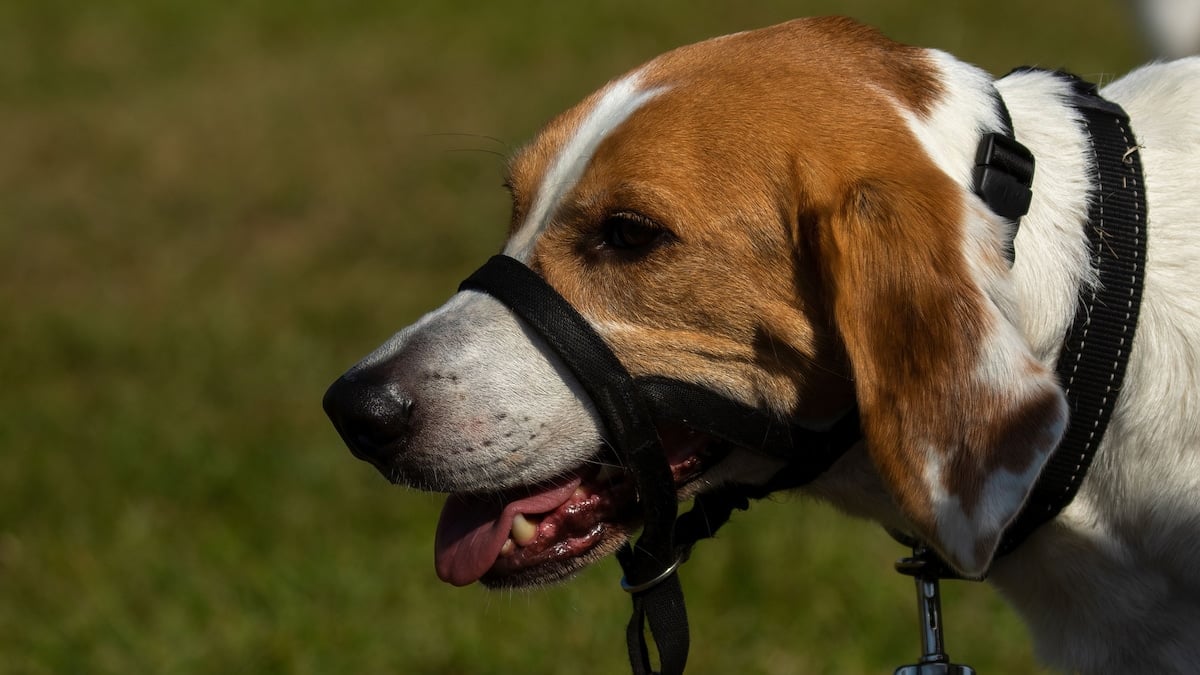
When to Replace a Dog Collar: Essential Tips for Pet Owners
Share
As a health-conscious pet owner, maintaining your dog's well-being is likely at the top of your priority list. An often overlooked aspect of pet care is knowing when to replace a dog collar. A dog collar is more than just an accessoryit's a vital piece of equipment that ensures your pet's safety and comfort. Understanding when it's time to replace it can prevent potential health risks and discomfort for your furry friend.

Why is a Dog Collar Important?
Dog collars are essential for various reasons, including identification, control, and attachment to leashes. They serve as the primary means of securing ID tags and rabies vaccination tags, which are crucial if your dog ever gets lost. A well-fitted collar also helps in training and controlling your dog's movements during walks. Thus, ensuring your dog's collar is in good condition is imperative.
Signs It's Time to Replace Your Dog's Collar
1. Wear and Tear
One of the most obvious signs that it's time to replace your dog's collar is visible wear and tear. Over time, collars can become frayed, discolored, or damaged, especially if your dog is active and regularly exposed to the elements. A worn-out collar can break easily, posing a risk during walks or when your dog is playing outside.
2. Unpleasant Odor
Dog collars can start to emit unpleasant odors due to moisture, dirt, and oils from your dog's skin. If standard cleaning methods, as discussed in this guide, fail to remove the smell, it's likely time for a replacement. An odor can indicate bacteria growth, which can lead to skin infections.
3. Size and Fit Issues
As puppies grow, their collars must be adjusted or replaced to ensure a proper fit. A collar that's too tight can cause discomfort and restrict breathing, while one that's too loose can slip off easily. Regularly check the fit of your dog's collar to ensure it isn't causing any discomfort or chafing.
Types of Dog Collars and Their Longevity
The material and type of collar can affect its longevity. Nylon and leather are popular choices, each with its pros and cons. Leather collars, though durable, require regular maintenance to prevent cracking, as outlined in our DIY guide. Nylon collars are resistant to moisture but can fray over time.
How to Choose the Right Replacement Collar
When selecting a new collar, consider your dog's size, activity level, and any allergies. For instance, hypoallergenic materials like hemp or organic cotton are ideal for dogs with sensitive skin. It's also worth investing in a collar with a quick-release buckle for added safety.
Maintaining Your Dog's Collar
Regular maintenance can extend the life of a dog collar. Cleaning it frequently and checking for signs of damage can help you decide when it's time for a new one. Learn more about maintaining different types of collars in our article.
For those using electronic collars, it's important to avoid common mistakes that can reduce their lifespan. You can find detailed tips about this in this external guide.

FAQs
How often should I check my dog's collar for wear and tear?
It's a good idea to inspect your dog's collar at least once a month, especially if your dog is active. This will help you catch any issues early before they become major problems.
Are certain materials better for dogs with sensitive skin?
Yes, materials like hemp, organic cotton, or hypoallergenic nylon are good choices for dogs with sensitive skin. These materials reduce the risk of irritation and allergic reactions.
What should I consider when buying a new collar?
Consider factors such as your dog's size, activity level, and any specific health concerns. Also, ensure the collar is durable, comfortable, and fits well.
In conclusion, knowing when to replace a dog collar is crucial for your pet's health and safety. By staying vigilant and proactive, you can ensure your dog remains comfortable and secure, making collars a reliable tool in your pet care arsenal.
This article contains affiliate links. We may earn a commission at no extra cost to you.
